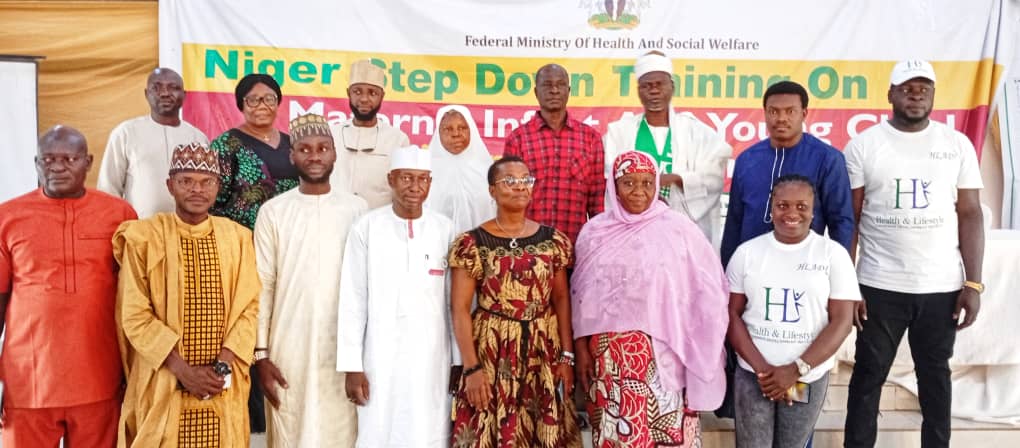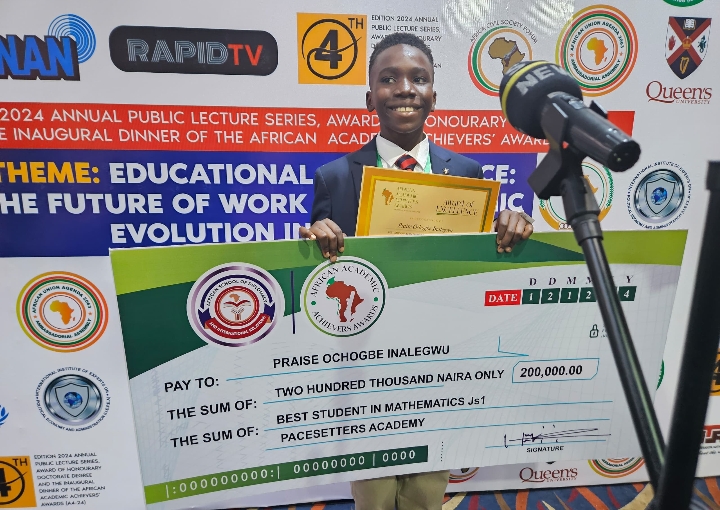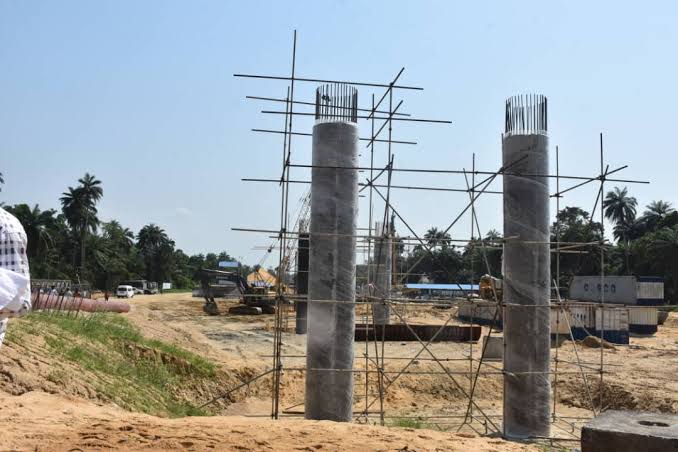TUNDE BOLAJI -MINNA.
About 240 Frontline health workers in Niger state have been dragged back to the classrooms to update on maternal, Infant, and young child Nutrition (MIYVM).
Packaged by the Federal Ministry of Health and Social Welfare in collaboration with the Niger State Ministry of Primary Health Care, it is supervised by the Niger State Ministry of Secondary and tertiary health care.
The week-long training program launched a week-long training program has as its theme “Adequate Nutrition,” is taking place in Bida Local Council.
Speaking shortly after the training kickoff, Niger State Nutrition Officer and Secretary of the State Committee for Food and Nutrition, Hajiya Asmau Abubakar Mohammed, highlighted that this training builds on previous Training of Trainers (TOT) sessions and includes training for secondary health facility workers as well.
“A significant amount of training has been conducted to enhance our data collection efforts,” stated Asmau.
“In the past, our data collection faced challenges, but we are now ensuring that our data is fully documented, enabling informed decision-making regarding nutrition initiatives.
This data helps us identify how many individuals require training and the number of beneficiaries we aim to reach.”
Hajiya Asmau expressed confidence that participants will bring this knowledge back to their respective facilities and implement on-the-job training, leading to increased local-level nutrition awareness and improved health outcomes for mothers and children under five.
She announced that a total of 550 frontline health workers are expected to be trained across the three senatorial districts in the state, with plans to extend training to other areas soon.
Earlier, the Project Manager of the Accelerated Nutrition in Nigeria (ARIN) project, Niger State, Shehu Mohammed Etsugaie, shared that ARIN, which began its operations in 2018, is set to conclude on December 31, 2024.
He emphasized that the agency is implementing sustainable measures, including sensitizing traditional leaders about the program.
“At the health facility level, health workers are trained to deliver essential health interventions,” said Etsugaie.
“We have also engaged community volunteers to foster local ownership of the program. These volunteers have been instrumental for the past four years in providing basic health care, particularly in nutrition interventions.”
In an interview, Ibrahim Ahmed, a participant from the Primary Health Care sector in Munya Local Council, noted that the MIYCN training has significantly enhanced his knowledge and he is committed to transferring this knowledge to the community.













